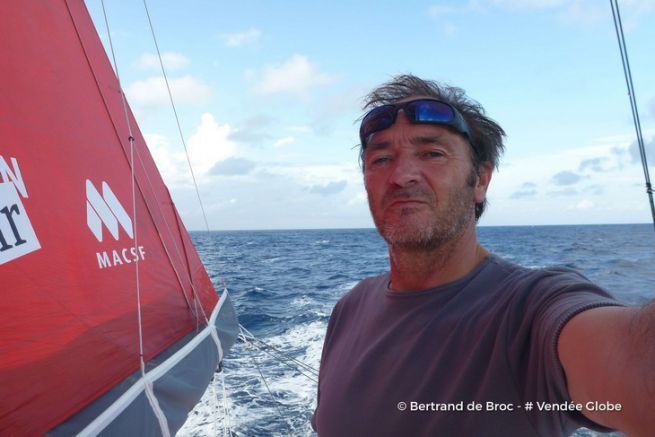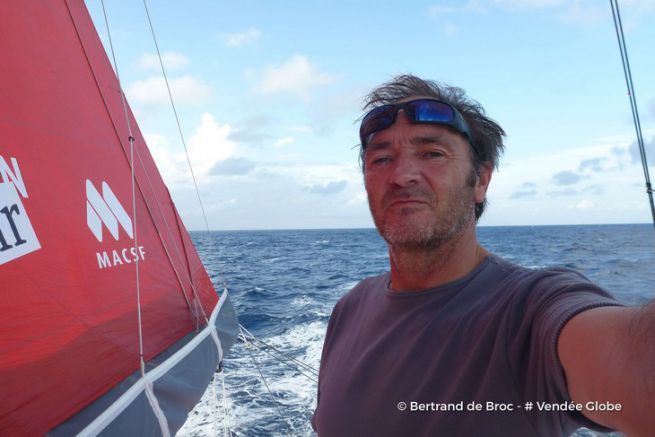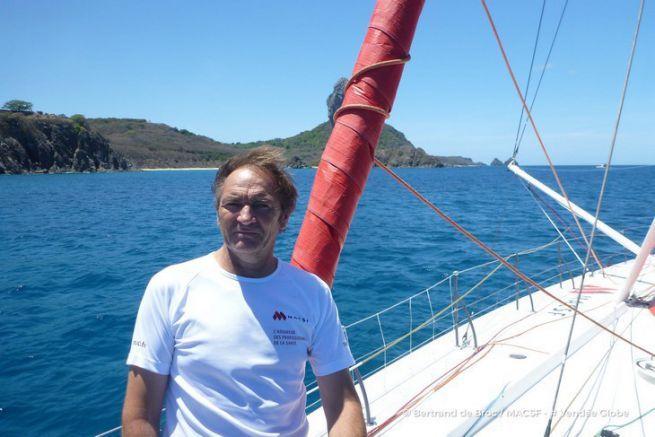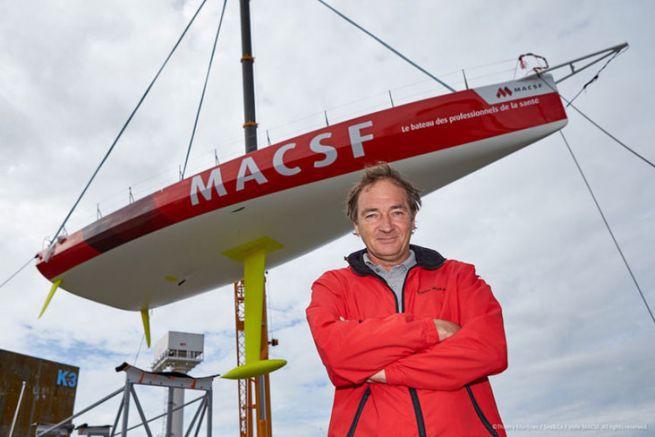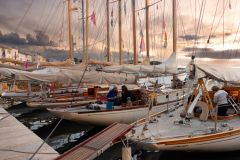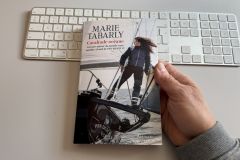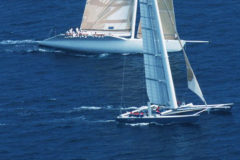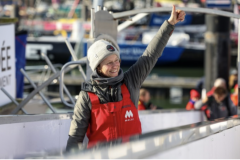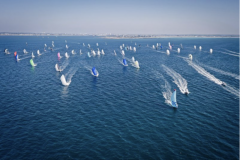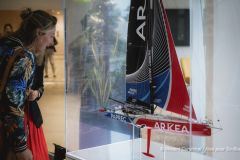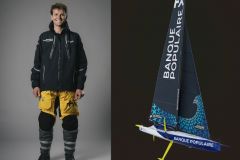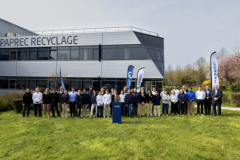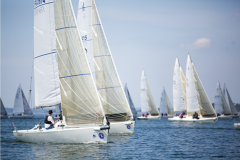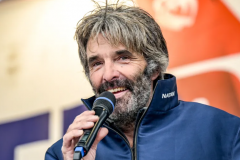It was after a shock towards Portugal that Bertrand de Broc began to hear a deafening noise. As shocks are quite frequent in the Vendée Globe, the skipper of MACSF did not pay particular attention to it at first. But since then, the noise has become louder and louder, to the point of becoming unbearable when the IMOCA exceeds 14 knots.
Betrand de Broc has therefore taken the decision to divert to the islands of Fernando de Noronha, this Friday 18th November at the end of the day. He's going to make an inventory of his boat to understand where this noise is coming from. Several tracks are being studied with Marc Guillemot, MACSF Team Manager, to identify its origin. A complete check-up of the boat needs to be carried out, more precisely on the hull, keel and rudders. The skipper is therefore planning to make a stopover without anchoring downwind, near the Brazilian islands to be able to take stock of the situation while diving.
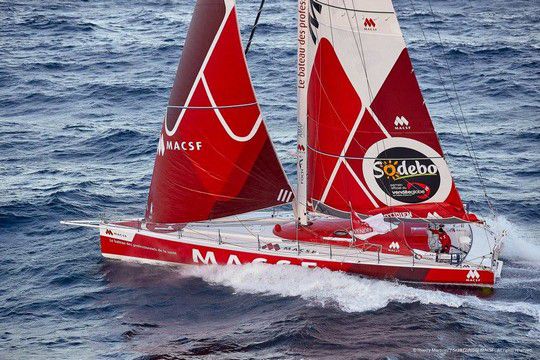
"On board an IMOCA, there is always a lot of noise, it's part of our everyday life. There are the known, even reassuring noises and those which have to sound the alarm. I don't wear noise-cancelling headphones when I'm sailing so that I can hear and recognise them. In the long term, when there is a problem, they can become unbearable." explained Bertrand.
Last night he was 14th overall and intends to stay in the race for the moment.
Last night, at the 3:30 am radio link-up, the IMOCA MACSF was around thirty miles from Fernando de Noronha. "I'm around thirty miles from Fernando de Noronha: I've slowed down a bit by furling my headsail in order to reach the archipelago in daylight. There's still a bit of wind: I'm making headway at nine knots.
Here, the sun rises around 9:00 a.m. UTC (10:00 a.m. French time). After that I'll have to lower the mainsail as soon as I'm downwind of the islands to have less sea. The object is to dive to go and look under the hull: we assume things, but we have to go and look closely.
I haven't heard that noise before in the four years I've been on this boat. We didn't do any specific work this winter on the keel and instead, we took an X-ray.
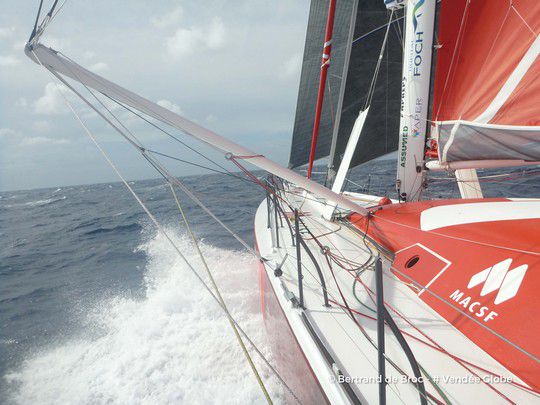
I had a shock off Portugal, but it didn't look severe. This unbearable noise only occurs when the keel is in action. To imagine crossing the South Seas with such uncertainty is unreasonable: you have to take stock.
I spoke to Marc Guillemot on the phone and he had never heard such a noise before: when we did the Transat Jacques Vabre, we sailed at over 25 knots and there was no such noise! I've got the diving equipment (mask, snorkel, flippers...) and I'll be attaching myself to the boat with a rope."
